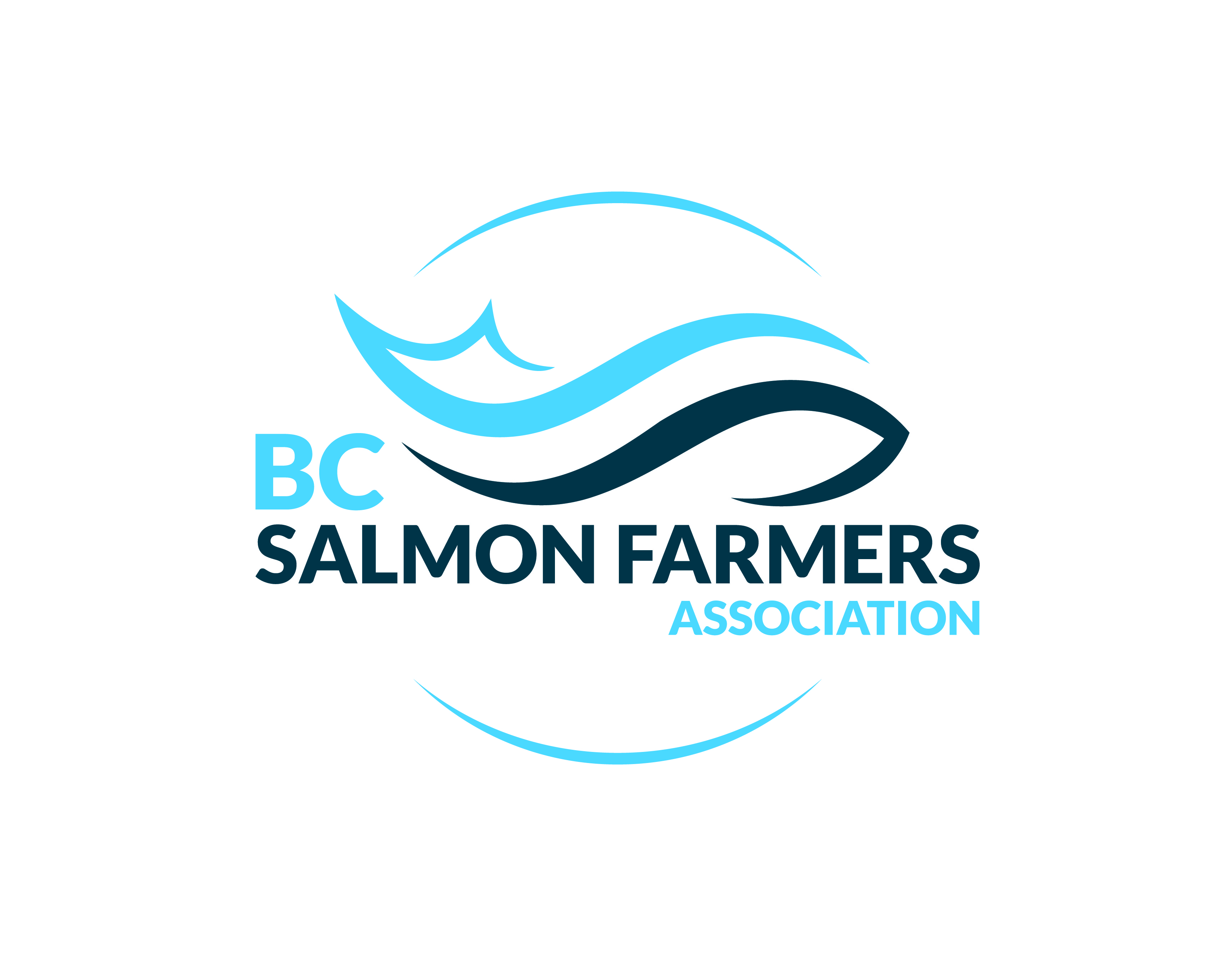Salmon Farming: The Economics
70% of British Columbia's farm-raised salmon heads across the border into restaurants and supermarkets in the United States and Asia, while the remaining 30% is consumed across Canada – from the western provinces to the eastern ones, including cities such as Vancouver, Toronto and Montreal.
Farm-raised salmon has quietly become British Columbia’s second highest valued agricultural product behind Dairy, and for the past five years has been the province’s top agricultural export.
Globally, farm-raised salmon provides 14.8 billion meals annually, with close to half a billion coming from B.C. The industry contributes over $1.1 billion dollars annually to the provincial economy and provides about 5,000 year-round, full-time jobs in B.C.’s coastal communities – paying 30% higher than B.C.’s median income.
These permanent jobs help support families and small towns, including Tofino and Port Hardy.
“In a town that depends heavily on tourism, a year-round job is nothing to sneeze at,” said Josie Osborne, Mayor of Tofino. “It’s about $2-million that’s coming into the community from the operations of the salmon farms here.”
With salmon farming currently contributing $15 million in direct annual benefits to Port Hardy, Hank Bood, Mayor of Port Hardy, echoes the importance of the full-time jobs to his community. In reference to Marine Harvest’s plans to expand their operations in the Port Hardy region, he expresses that this is a big deal for the town.
“The fish farmers do hire locally,” said Mayor Bood. “In a town of 4,000 people that’s a very big bump.”
Local businesses, such as Hardy Buoys Smoked Fish Inc., are thriving because of the industry and are able to provide stable jobs for their employees, most of which come from First Nation communities.
“Since 1994, which we were operating out of a small 1,500 square foot facility, we’re now operating out of 24,000 square feet,” said Bruce Dirom, President, Hardy Buoys Smoked Fish Inc. The amount of employees we’re now able to employ, up to 75, would not be working if it wasn’t for the aquaculture industry.”
As the world population continues to grow, and demand for salmon increases, the diverse industry can continue to add new jobs and income into B.C.’s coastal communities and our province.

